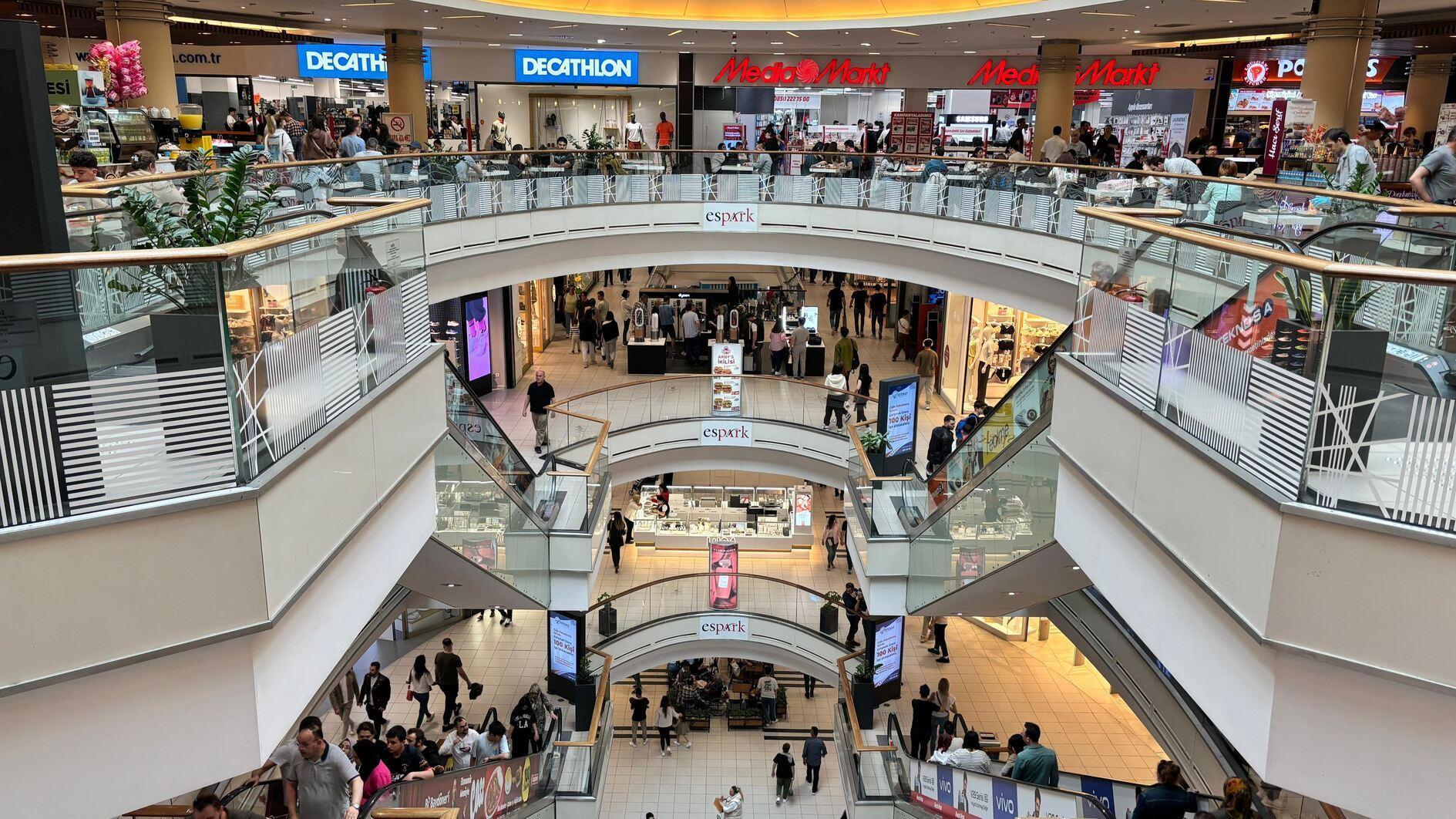Assad trapped in his own capital
It was Syrian President Bashar al-Assad himself who had called for an urgent meeting from the Arab League after the organization had suspended its membership because of the use of systematic violence against its own people.
The meeting took place yesterday as it was planned but Assad was not there; he canceled the trip and stayed in Damascus.
For those a little familiar with Arab politics, it’s pretty obvious that he did not want to go because he was not sure whether he could return to Damascus and if he did, he could find somebody else sitting in his chair.
People have already started to speculate that his uncle Rifat al-Assad living in Paris might be a candidate for a smooth transition of government. Will the people of Syria accept another Assad, especially this one being accused of the mastermind behind the 1982 massacers of Hama and Homs? That is an important question.
But the fact is that Bashar al-Assad could be considered to be fearing an overthrow by a coup d’etat; something very common in the country. Actually the wave of coups d’etat started in 1949 in Syria, after a defeat to newly established Israel. Bashar’s father also took power with a coup.
It is a tragedy that the presidential palace in Damascus has now turned into a trap, a luxurious prison for the last heir of the once-powerful Assad family in Syria; he cannot move out.
Another important question is about the outcome of the Rabat meetings. The Arab League made a call to the international community to protect the lives of civilians in Syria and at the same time said they were against “foreign intervention” in Syria. What does that mean? Does it imply buffer zones at Tukish, Lebanese, Jordanian and Iraqi borders for the protection of civilians until a – now – hypothetical fight between the Assad army and an – assumed – rebel army?
Perhaps it will be easier to find answers after contacts with French Foreign Minister Alain Juppe in Ankara on Nov. 18. His host, Turkish Foreign Minister Ahmet Davutoğlu, was in Rabat meeting for the Turkey-Arab League talks and will carry the feeling there to the talks with Juppe.
Diplomatic sources say one of the important items on the agenda is the search for a joint approach to the opposition groups in Syria. A dominant majority of the Syrian opposition groups are based in Turkey and France; a joint declaration of the groups in those two countries could be a game changer in Syria.
Turkish Prime Minister Recep Tayyip Erdoğan’s parliamentary speech earlier this week clearly showed that Ankara has lost all faith in Assad that he could deliver any promise about democratic steps in the country; the bridges are burned now.
If Turkey and France can leave the historical rivalry over the region aside for now, that could bring a quicker end to the bloodshed in Syria and open a new chapter in the political balances of the Middle East











